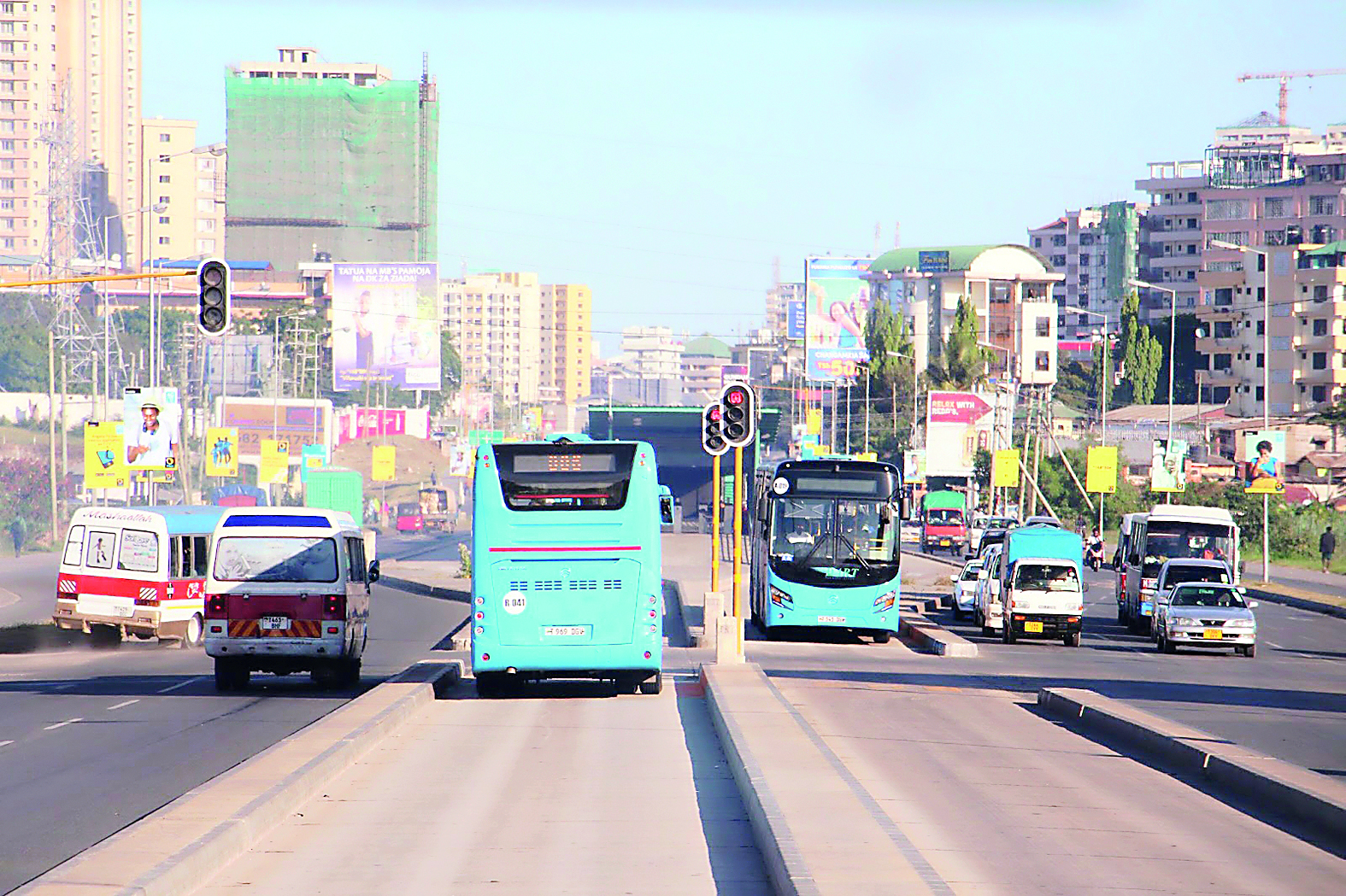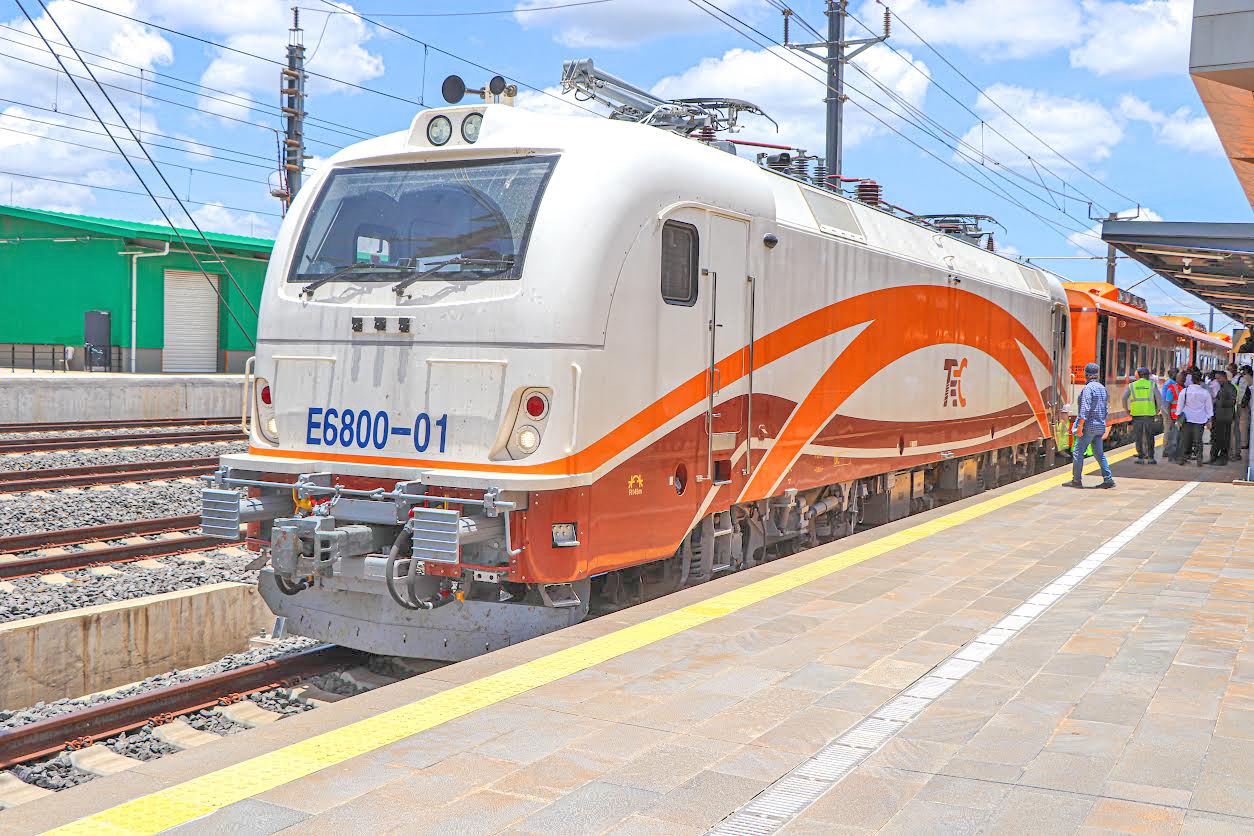Exploring historic Meru tribe capital, Ifulong

Visitors get the opportunity to learn the history of the Meru people
What you need to know:
I celebrated the festivities my own way last week. I spent the time in Ifulong village nearly 17 kms from Arusha where I joined a couple from Austria and some locals.
The good thing about the end-of-year festive season is that there is no one set way to celebrate it. Everyone will have their own special, unique way of celebrating.
I celebrated the festivities my own way last week. I spent the time in Ifulong village nearly 17 kms from Arusha where I joined a couple from Austria and some locals.
Ifulong is still mostly untouched by globalisation. Slowly, but steadily – since the country has opened up to cultural tourism, coordinated by the Tanzania Tourist Board through the Cultural Tourism Programme based in Arusha, after years of being unexplored – many visitors are now visiting.
According to Emanuel Ndelekwa, Coordinator of culture tourism activities at Ifulong, Njoro and Poli areas host a culture capital and the Nringaringa traditional historic trees site.
Definitely, this is one-of-a-kind cluster of Meru villages which offers visitors opportunities to learn their great history. There are many attractions such as waterfalls that are worth the visit.
The isolation from other areas is what keeps the ethnic groups and tribal cultures thriving. Locals live their culture and it is the centre of community life.
The beautiful, tropical nature of Ifulong is huge and our first contact during our guided cultural walk was a natural water spring.
Other than seeing the spectacular landscape with the scenic backdrop view of ferule farmlands, we saw one of the oldest Lutheran churches in the area which is partly in ruins. Emanuel gave us a thorough briefing as he identified different flora and fauna found in our walks across the village.
Change of landscapes with lowlands included, valleys and hills took us up to Rumale hill, the second highest in the village. At 1,400m, Rumale hill offers interesting views of lower parts of Arusha town.
We visited homesteads built in or near coffee and banana farms. Here we got to learn about different species and uses of banana. We proceeded to one of the popular waterfalls from here.
We were treated in a special way when we reached the base of Mwakyoo waterfall with water thundering nearly 15 metres above us.
The trail to hike down was so steep and walking was a bit of a challenge and surely a glass of fresh cold juice was the best fitting drink to take to cool our bodies.
Emanuel told us that visitors can swim in the cool waters, and it is a good place for healing the mind and meditating before lunch.
Hiking up was quicker than descending though I had two young men to assist me, one in front and one behind.
When we got back to the village at Seela, we tested the different local banana beers. After leaving the pub we passed along a narrow trail to find a banana farm along a river. After Emanuel’s brief of various banana plants we were given the opportunity to plant one banana lade finger.
It was already lunchtime when Emanuel announced that ours was a traditional food lunch – a delectable local food menu.
For starters, we had pumpkin soup mixed with coconut oil and sweet potatoes including fried bananas.
The selection of the main dishes varied from Rice cooked with carrots and peas, spiced beef stew, including milled maize cooked with soya beans (locally known as Makande). The flavourful food was accompanied by salads and fresh pineapples.
After lunch Mama Rahabu Ignatio briefed us about the women activities starting from the farm to handicrafts (batik making). Farming is organic and on display were onions, garlicky and by-products of coffee.
Later we were taken around to see one of the local houses used as a homestay for visitors who may wish to stay overnight in the village to interact fully with locals.
To end our full day tour we had the opportunity to experience the traditional coffee making process and plant an Arabica coffee nursery tree. We learnt how coffee trees are planted, pruned at different stages and how ripe cherries are picked.
Later Emanuel took us through what it takes to dry, roast, grind and then we prepared a personalised cup of coffee to taste.
Across the road from the coffee farm we were treated to a glass of banana wine at a local pub.
I would call the trip to Ifulong my best trip so far!
Email: [email protected]




